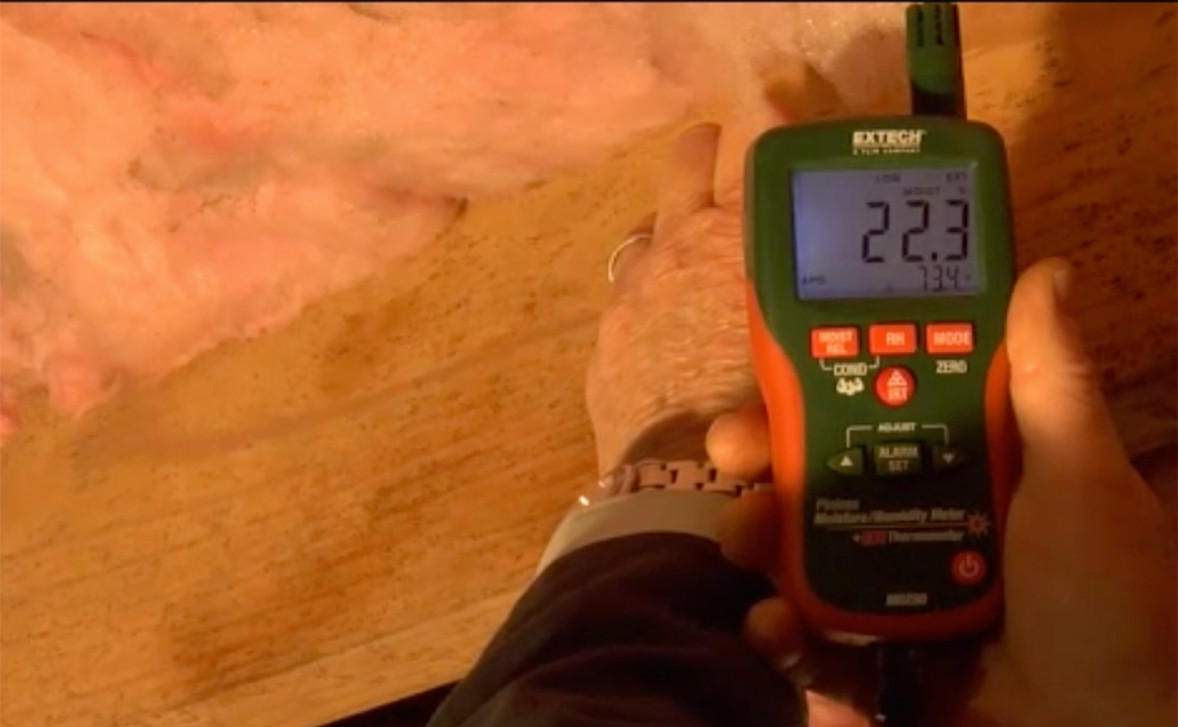You may have come across the word "stack effect." This refers to the movement of air from the lower floors of the house to the upper floors and eventually the attic. When excess moisture and water accumulate within your crawl space, the stack effect draws the high humidity level into your home. This high humidity air from the crawl can contain high levels of mold spores, which can harm your family. The increase in moisture levels will also make your HVAC work harder to cool the space, which will then increase your utility bills. If you add up all the small holes around plumbing pipes and electrical wiring you end up with a hole the size of a sheet of paper for air to flow into your home.
Here is a summary of some of the best practices that can help you avoid moisture accumulation in your crawl space.
Identify and Fix Sources of Crawl Space Moisture
You should always make sure that you can identify what might be making moisture accumulate in your crawl space. Some of the sources may include leaks within the foundation and improper grading and drainage from roofs. You should also consult an expert to help you identify the sources. A higher percentage of inspections done by experts usually found that the gutters contribute to wet crawl spaces. They also found out that the defects of the downspout combined with the in-slope grade caused drainage of water from the roof to flow against the foundation of the building.
Seal the Crawl Space Against Leaks
You should ensure that you seal all the openings around the pipes, electrical wire penetrations as well as around the floor vents. This will prevent air moving from the crawl area into the building. This also stops the movement of moisture and allergens into the building. It controls the convection currents that occur between the upper building areas and the crawl space, too. Therefore, the best way to stop unwanted air movement into the building is to seal off all the spaces that may be present between the crawlspace and your house.
Seal the Crawl Space from Outdoor Air
You should seal all the vents in the crawl space and add a vapor barrier that is sealed to the walls. This will change the crawl space into a conditioned space. Adding an air inducer will keep a small amount of conditioned air flowing into the crawlspace. This will also help keep the area dry.
Inspect the Crawl Space Periodically
Ensure you check the crawl space at least once a year and check that the moisture barrier works the way it is intended to work. This is important because any plumbing leaks will create standing water above the vapor barrier. Checking the crawlspace can easily catch problems that can become more costly to solve as time goes on.
Use an Appropriate Moisture Barrier
Make sure that you use an appropriate moisture barrier such as a 10-mil poly on the crawl space and tape up all seams, walls and piers creating moisture barrier that will eliminate rising damp.
Need help with your crawl space? Contact Crawl Space Depot for more information.

